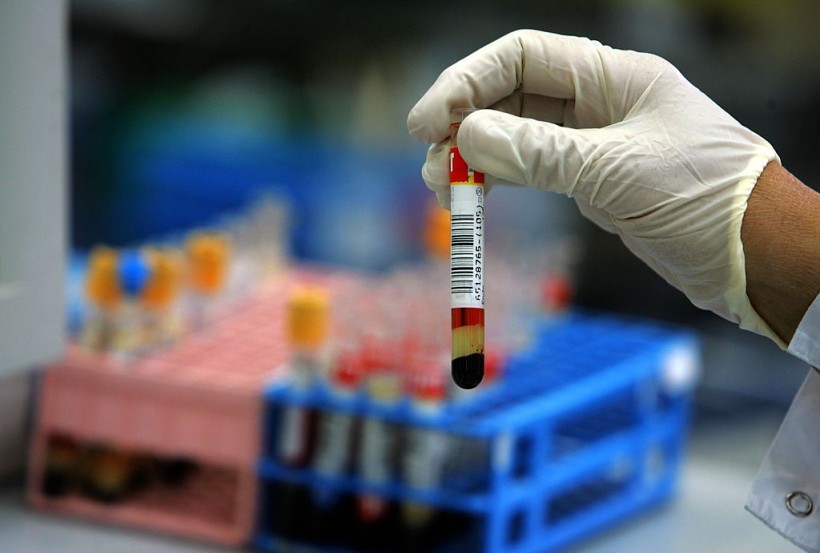(Photo : Photo by David Silverman/Getty Images)
Genetic, biochemical and psychiatric data from nearly a million people show that biological markers and mental illnesses including depression, schizophrenia, and anorexia, are influenced by shared pathways.
Psychiatric or mental health disorders could arise from complex interplay between genetic and environmental risk factors. While some people believe mental health is separate from physical health, evidence of many biochemical processes of the body says otherwise. These biochemical substances involved in diseases such as diabetes and autoimmune conditions have a direct impact on the function of our brain. In a new study, scientists detected a genetic link in particular substances called biomarkers that can be readily measured in routine blood tests with some mental disorders, according to Science Alert.
A new study published in the journal Science Advances may provide better understanding on what causes mental illness and how it can be treated.
Mind and Body Complexity
Blood biomarkers in mental health conditions have not been widely studied due to their 'complex traits', according to a study published in the journal UpToDate . However, genetic influences on both mental illness and substances can now be measured in blood.
Unlike monogenic traits that are strongly influenced by pathogenic variation within a single gene, complex traits result from both variation within multiple genes and environmental factors. Thanks to millions of individuals who have volunteered in research studies, it became possible to investigate a widespread genetic data and determine huge numbers of tiny changes in the DNA sequence related to the risk of mental illness.
This same sequence or 'variants' can then also be linked to the measured levels of a biomarker in blood. For instance, the increased risk of developing schizophrenia can be linked to a decreased levels of a vitamin circulating in the blood. Most variants are "individually associated" with small changes, but as a whole, produces larger effects.
Also read: New Type of Cell Discovered Hiding Inside in the Human Lungs
Relationship Between Blood Biomarkers and Mental Illness
In the recent study, nine mental health disorders and 50 factors were measured in routine blood tests, such as cholesterol, vitamins, enzymes, and indicators of inflammation, using data from almost a million volunteers in total.
Findings confirmed that genetic correlation between blood biomarkers and mental illness are more widespread than has previously been shown. This means that effect of DNA sequence changes on the risk of a mental illness and the levels of a given biomarker were more than just something that happens by chance.
This could provide a better understanding of what causes a mental illness such as depression and target this for treatment.
To distinguish correlation between the genetics of mental illness and factors in the blood with what causes mental illness, the general approach is to conduct clinical trials where patients randomly receive a treatment. Another approach is to use DNA variants linked to changes in blood biomarkers to act as a natural clinical trial. Just like in the clinical trial where people randomly receive a treatment or a placebo, this process plays on the fact that DNA variants are randomly inherited from parents.
Researchers note that the method is complex and needs deliberate interpretation. Furthermore, all parts of the process, such as identifying how these blood measures are linked to disorders, are equally important to produce correct results.
Related article: Analysis of Genetic Material in the Ocean Identifies 5000 Previously Unknown Viruses
© 2024 NatureWorldNews.com All rights reserved. Do not reproduce without permission.





![Roundworms with Short Memories 'Stop Forgetting' When Frozen or Given Lithium [Study]](https://1471793142.rsc.cdn77.org/data/thumbs/full/70295/280/157/50/40/roundworms-with-short-memories-stop-forgetting-when-frozen-or-given-lithium-study.jpg)
